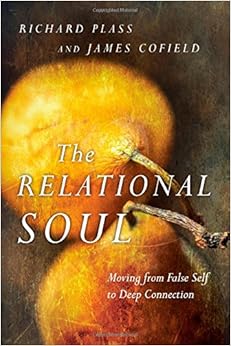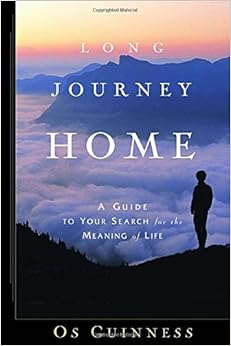The Relational Soul: Moving from False Self to Deep Connection (2014, IVP) by Richard Plass and James Cofield is gold. Previously, I have been honored to include each of their submissions in the newsletter I edit for the Society for Christian Psychology, but even knowing a modest amount about their work, this book far exceeded my expectations.
The Relational Soul, as I had hoped, deals with the importance of relationships in human well-being. Drawing upon work in the fields of attachment and interpersonal neurobiology, Plass and Cofield show their readers why relationships are essential to functioning. In fact, on page 15 they wrote, "All reality is relational." I tend to agree with them, knowing that we are created in the image of the triune Godhead.
I appreciated a great deal about this book. Chapter 3, which deals with the importance of implicit memory with regard to early attachment and relational formation. Too often, it seems to me that much of American Christianity deals with the logical aspects of faith and life and downplays the emotional/relational aspects. The authors encourage their readers to think about both.
As they move on, they spend a lot of time exploring the notion of our false self versus our true self, which reminds me of Larry Crabb's discussions of mask wearing. Relational formation can only occur when we learn to recognize our false selves and grow into our true selves.
The final section I would mention is chapter 8, which deals with community. I do not think it is much of an exaggeration to claim that I underlined half of the chapter. Each paragraph in the chapter on community could stand alone as worth pondering deeply.
If you seek to understand yourself and your relationships on a deeper level, this is the book for you. Fans of authors like Larry Crabb, Curt Thompson, or Dan Siegel are sure to benefit from this book. But if you want to borrow my copy, you may have to wait awhile, there are things I want to read again.




